Mathematics
|
Powerful Knowledge |
|
Our curriculum aims to help students develop and apply critical thinking and problem-solving skills through analysing power mathematical concepts such as the behaviour and meaning of functions and their derivatives, statistical analysis and mechanics. The curriculum that we use is designed to help students become knowledge rich about the subject, using prior learning to facilitate and enrich future learning. Our goal is to inspire students to develop mathematical behaviour by promoting a mastery approach to problem solving and learning, using cross curricular links. The pure maths curriculum underpins all the work in the applied maths sections, providing students the tools and deep understanding they need to be successful problem solvers and resilient mathematicians. We challenge students to grow their analytical thinking in each section of the course, to model key concepts and questions in order to help further develop their problem solving skills. Our Core Mathematics curriculum aims to develop problem solving skills that are directly related to real life situations that students could face in their future working environments. This curriculum also develops student knowledge, using what they have learned at GCSE and stretching them whilst reinforcing and building towards the skills that they need to use in other subjects. |
|
Literacy |
|
Our curriculum supports students’ literacy by challenging them to engage in independent research of mathematical concepts and their uses and then requiring them to effectively communicate what they have learned. Students are required to effectively describe the meaning of their work/answers in both lesson time and during formal examinations. At all times, students are encouraged to read, discuss and understand complex written problems. Students are given key words, given their definitions and encouraged to use them at all times, increasing their mathematical vocabulary and ability to effectively communicate what they are learning. Students are challenged to improve their mathematical vocabulary and reasoning to meet the required expectations of their assessments. |
|
School Context |
|
Our curriculum offers cross curricular links with several subjects such as: · Physics (mechanics and pure maths) · Chemistry (pure maths) · Biology (pure maths) · Computing (pure maths) · Psychology (statistics) The curriculum introduces the concept of mathematical modelling in both the pure and applied sections of the course. For Core Mathematics, the curriculum is designed to address and utilize cross curricular links to other the other subjects that students are studying (such as Psychology, Chemistry, Biology, Physics, Geography, BTEC Sport, etc). Students are also offered a variety of opportunities to extend their appreciation of mathematics. These include: · Developing an appreciation to the curriculum relating to aspects of finance · Taking part in national competitions such as the UKMT, individual and team challenges · Developing an understanding and appreciation for the history of mathematics in relation to the topics that they study · Planned educational visits to see mathematics lectures, to learn about current developments in the field of mathematics and engineering · Students have access to a number of recreational mathematics books that contain several puzzles and challenges that they can work on at any time |
|
Assessment |
|
Assessment for learning techniques during lessons include (but are not limited to): · Having students model questions and discuss their answers/questions as a group · Checking for understanding with directed questioning · Having students explain the ‘how’s and why’s’ of the mathematical concepts they are learning · Using mini-whiteboards Students are assessed at the end of each unit, as well as at the end of each term, to track their progress in the subject area. At the end of Summer Term 1 students will have a full AS exam for both applied, pure, and core maths to check on student progress and help students reflect on their learning and areas for revision. In Spring 2 term (Y13), students sit a full mock exam to check on progress and to help students reflect on their learning and areas for revision. Additionally at the end of Summer Term 2 (Y 13) students will sit their final examination. |
|
Careers |
|
Students are encouraged to discuss their prospective career plans so that they can be used in context when discussing mathematical concepts. Our curriculum encourages talk that helps students relate mathematical work to their future careers such as: · Using statistical analysis in medical research · Using statistical analysis in making business and risk decisions · Using mechanics to discuss and problem solve the movement of particles and the forces that act with/against them and how they relate to engineering · Problem solving and critical thinking skills are used and developed in all sections of the curriculum, enhancing student employability, no matter what their chosen profession. |






